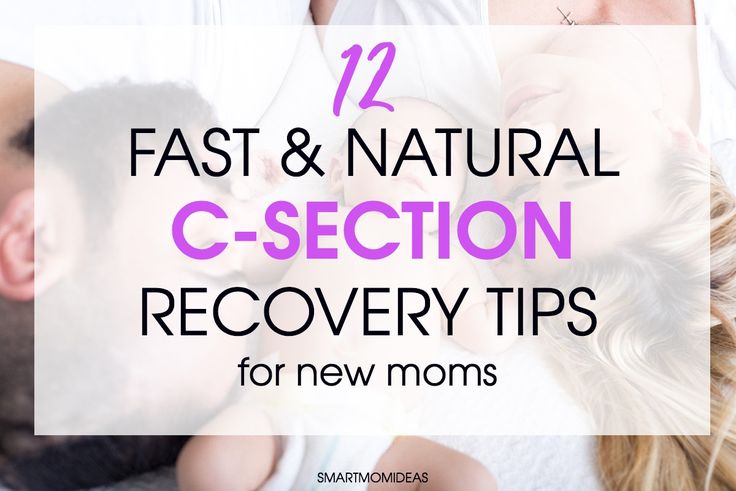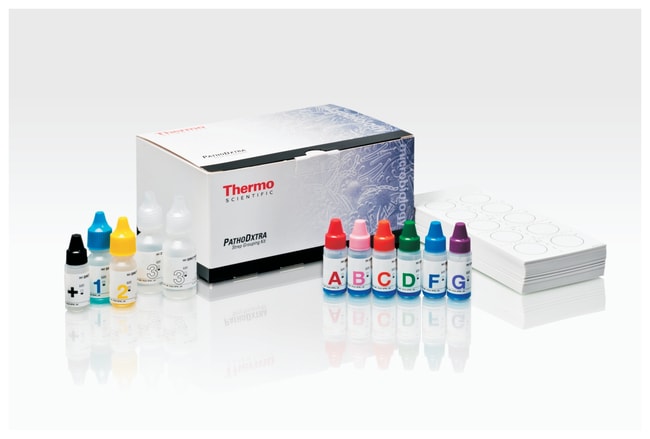Pregnancy head cold
Pregnant with a cold: Treatments, risks, and prevention
Catching a cold during pregnancy will not harm the fetus, but it can be uncomfortable for the person who is pregnant, and they may also worry about which treatments and medications they can use safely.
Colds are very common. The Centers for Disease Control and Prevention (CDC) estimate that adults have an average of 2–3 colds per year.
The chances of catching a cold while pregnant are higher because the immune system is less robust during pregnancy.
According to March of Dimes, catching a cold will not harm a developing fetus, and the pregnant person will typically recover in a week or so.
People are also more likely to catch potentially more serious infections, such as the flu, during pregnancy. This means that taking steps to prevent illness is important during pregnancy.
This article looks at what to consider when treating the symptoms of a cold during pregnancy, how to prevent a cold, and when to see a doctor.
Treating a cold usually means using over-the-counter (OTC) medications. However, many pregnant people worry about whether drugs will affect the fetus.
The Food and Drug Administration (FDA) recommend always talking to a doctor before using any pain medication during pregnancy.
Most OTC drugs contain the same few ingredients to treat cold symptoms. The following sections look at the safety of different types of cold treatments.
Pain relievers
Pain relievers are a group of drugs that reduce pain. Some types also reduce inflammation and fever.
OTC pain medications include:
- acetaminophen, under brand names such as Tylenol
- nonsteroidal anti-inflammatory drugs (NSAIDs), including naproxen, ibuprofen, and aspirin
Research suggests that acetaminophen is the safest pain relief drug to use during pregnancy, with recommendations to use the lowest effective dosage for the shortest time.
An article published in American Family Physician (AFP) reports acetaminophen to be safe to use during all trimesters on its own, but not necessarily in combination with other cold remedies that contain a range of other ingredients.
However, the article states that NSAIDs may carry risks. They recommend avoiding aspirin during pregnancy except for specific uses and avoiding naproxen and ibuprofen during the third trimester.
Prescription drugs tend to be stronger than OTC drugs and are more likely to carry risks.
The FDA note that prescription NSAIDs may increase the risk of pregnancy loss during the first half of pregnancy and that prescription opioids may increase the risk of birth abnormalities when taken in the first trimester.
Severe and persistent pain can lead to serious effects, such as high blood pressure, depression, and anxiety. It is important to weigh the benefits of taking pain relief drugs during pregnancy against the potential risks.
Always talk to a healthcare professional before deciding to take any medication that relieves pain during pregnancy.
Cough suppressants
OTC cough suppressants often contain medications such as dextromethorphan and guaifenesin.
According to the AFP, these medications appear to be safe during pregnancy in the correct doses. However, it may be best to consider drug-free options as the first line of defense.
For example, before using a cough suppressant medication, people can try using herbal or mentholated throat lozenges to ease a cough or sore throat.
Read more about natural cough remedies here.
Antihistamines
Antihistamines are a popular allergy medication that may relieve a runny nose, watery eyes, or sneezing caused by a cold.
Up to 15% of people use antihistamines during pregnancy, and experts generally consider them safe.
According to the American College of Allergy, Asthma, and Immunology (ACCAI), people can use the following during pregnancy:
- diphenhydramine (Benadryl)
- chlorpheniramine (ChlorTrimeton)
- loratadine (Claritin)
- cetirizine (Zyrtec)
Most OTC antihistamines are safe to take in pregnancy as long as a doctor approves them.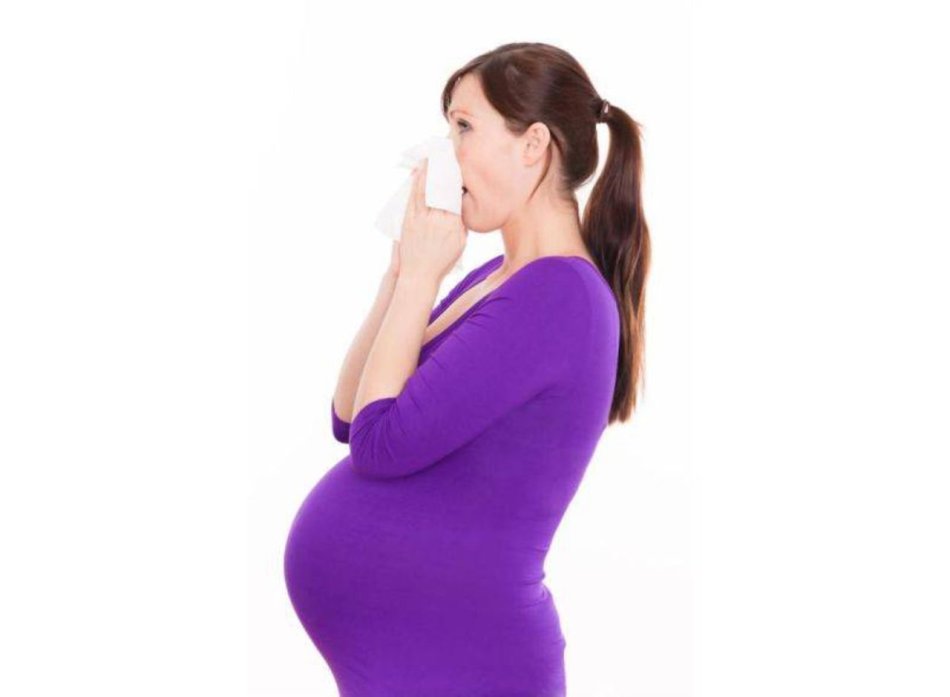
Read about some natural antihistamines here.
Decongestants
According to one source, it is safe to take decongestants, such as pseudoephedrine, when directed by a healthcare provider.
However, research has not yet established that decongestants are safe during pregnancy. Some studies suggest that some decongestants, including pseudoephedrine and phenylephrine, may increase the risk of birth abnormalities.
The overall evidence suggests that people use decongestants sparingly during pregnancy, especially during the first trimester.
Saline nasal sprays and nasal strips are safe alternatives for nasal congestion.
Natural remedies
Resting while sick is important to give the body time to focus on recovery. Lying down with the head elevated may help with breathing and stuffiness.
Drinking plenty of water can help people recover from a cold. Juices and smoothies can also provide nutritional intake when people have no appetite.
Many people also use room humidifiers to help clear a stuffy nose and promote a productive cough.
Applying warm compresses to the head, sinuses, and shoulders may help reduce pain and congestion.
Read more about natural remedies for a cold or flu here.
People are also more likely to catch colds and the flu during pregnancy, so it is important to take steps to prevent illness.
To prevent the common cold, the CDC recommend:
- washing the hands often with soap and water for 20 seconds, or using an alcohol-based hand sanitizer when this is not possible
- avoiding touching the face with unwashed hands because viruses that cause colds can enter the body through the eyes, nose, and mouth
- staying away from people who are sick as close contact with others can spread cold viruses.
Light to moderate pregnancy-safe exercises, such as swimming and indoor cycling, can boost the immune system and increase metabolism.
Healthful eating is another important factor in preventing a cold. Focusing on eating a variety of fresh foods can help ensure the body gets the nutrients it needs.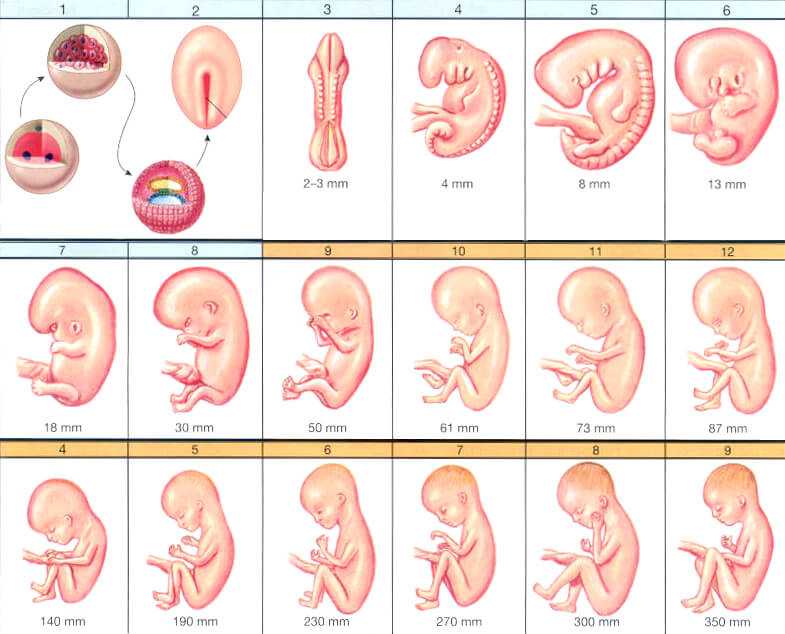
Taking a prenatal vitamin that includes zinc and vitamin C may also help support the immune system and prevent colds.
Many people experience pregnancy rhinitis, which has symptoms similar to a cold.
This occurs due to inflammation and swelling of the mucous membranes in the nose, extra fluid in the body, and changing hormone levels.
Pregnancy rhinitis occurs in around 20% of people. Some people may find it difficult to distinguish rhinitis from a common cold.
The symptoms of pregnancy rhinitis include:
- a runny nose
- congestion
- sneezing
- difficulty breathing
- snoring
A cold during pregnancy is the same as any other cold. The common cold is not likely to not harm the mother or fetus.
People may catch a cold or flu from being around others who are sick. The CDC provide guidance on how to avoid catching the flu.
It is important to know the difference between a cold and the flu. The two have similar symptoms, but the flu tends to be more severe, and a person will usually have a fever.
Read more about pregnancy and the flu here.
If someone experiences a fever during pregnancy, they should contact their doctor to see what steps they can take to reduce the fever to safe levels as quickly as possible.
Having a cold during pregnancy will not usually affect the fetus. Colds are mild illnesses that a person’s immune system can handle relatively easily.
However, the person’s temperature and infections can affect the fetus. If a person is experiencing a fever or other signs of infection, it is essential to speak with a doctor immediately to find the best way to reduce these symptoms.
When a person is pregnant, their body deals with a cold in much the same way as it does at any other time. The symptoms are temporary, and in most cases, the cold will be gone in 7–10 days.
If someone experiences the following symptoms during pregnancy, they should talk to a doctor right away:
- a fever of over 100.4° F
- severe or unusual symptoms
- symptoms that last more than 10 days
- symptoms of the flu
- violent coughing that makes it hard to breathe
Colds are very common during pregnancy, and they are unlikely to harm the pregnant person or fetus.
While there are some uncertainties over the safety of OTC cold remedies during pregnancy, most people can relieve their symptoms using gentle home remedies. Most people will feel better in around a week.
How to Treat a Cold During Pregnancy
Having a cold is never fun—especially not when you’re expecting. If you’re feeling under the weather, you might be wondering how to tackle it. Is cold medicine safe for pregnancy? Will a cold during pregnancy affect baby? We asked two experts for answers. Below, get a rundown of everything you need to know about having a cold while pregnant, from symptoms to look for to quick tips on how to find relief.
In this article:
What causes a cold during pregnancy?
Cold symptoms during pregnancy
How to treat a cold while pregnant
When to call the doctor about a cold during pregnancy
Preventing colds while pregnant
What Causes a Cold During Pregnancy?
The reasons someone catches a cold while pregnant are the same as they were before baby. The common cold is an infection of the upper respiratory tract, and there are over 200 viruses that cause it, including the very common Rhinovirus, says Cynthia Flynn, MD, a Florida-based ob-gyn with JustAnswer. Plus, cold viruses are easily spread through direct contact and the air (via sneezing and coughing), so they can be transmitted through something you touch or even by being near someone else with a cold, Flynn adds.
The common cold is an infection of the upper respiratory tract, and there are over 200 viruses that cause it, including the very common Rhinovirus, says Cynthia Flynn, MD, a Florida-based ob-gyn with JustAnswer. Plus, cold viruses are easily spread through direct contact and the air (via sneezing and coughing), so they can be transmitted through something you touch or even by being near someone else with a cold, Flynn adds.
Pregnant women are also more prone to colds because of their changed immune system, which works extra hard to protect both mom and baby. “The immune system during pregnancy is very complex and changes to [give] immune responses to the fetus,” she explains. “While the specific changes are very complex, the end result is that minor infections may be more common.” They can last longer too—anywhere from five to 10 days, Flynn says. Most women will experience two to three colds during their pregnancy, but, like so many other aspects of pregnancy, this will vary from person to person. “Some experience no colds, and some many more. This depends on the exposure that the woman has in her day-to-day life,” Flynn says.
“Some experience no colds, and some many more. This depends on the exposure that the woman has in her day-to-day life,” Flynn says.
Does a cold during pregnancy affect baby?
If you’re wondering whether your cold will negatively affect baby, the good news is it won’t. In fact, if you catch a cold during the third trimester, you might even pass on some protective antibodies to baby, Flynn notes. Rest assured that, while you may feel uncomfortable, baby’s doing just fine.
Cold Symptoms During Pregnancy
You probably know the symptoms of a cold by heart: nasal congestion, a cough, sore throat and low-grade fever. While these symptoms remain the same during pregnancy, they can be hard to distinguish from typical pregnancy side effects. “A runny nose and feeling tired can be normal symptoms of pregnancy,” says Sharon Phelan, MD, an ob-gyn based in New Mexico. “Your blood volume increases by 40 percent during pregnancy, so all the blood vessels become more dilated. You’ve got a lot of blood vessels in your nose, so you can have more nasal discharge. And the hormones of pregnancy, particularly progesterone, tend to make you really tired.”
You’ve got a lot of blood vessels in your nose, so you can have more nasal discharge. And the hormones of pregnancy, particularly progesterone, tend to make you really tired.”
Unfortunately, there aren’t any tests for diagnosing colds, but if you have a runny nose (beyond your usual pregnancy nose), sore throat and cough, then you probably have a cold—especially if the people you’re closest to (like your partner and other family members) have colds too.
Differentiating between a cold and other respiratory infections
If you’re feeling under the weather you might be asking if you have a cold, or something else, like the flu or COVID. One way to differentiate between a common cold and other respiratory illnesses is by how bad the symptoms are. For something other than a cold, Flynn says the symptoms will be a little more severe and will include a sore throat, fever and muscle aches. If you think you might have COVID or the flu during pregnancy, reach out to your doctor to get tested.
How to Treat a Cold While Pregnant
If this is the first cold you’ve had since you’ve been pregnant, you’re probably wondering how to deal with it safely. Luckily, there are some pregnancy-safe cold medicines that can help treat your cold symptoms, both Flynn and Phelan say, including vapor rub and Tylenol (acetaminophen), Robitussin and Benadryl. While some other decongestants and cold medicine may also be safe while pregnant, you should always check with your doctor before taking anything. “Some decongestants, like pseudoephedrine, can increase your blood pressure,” Phelan says. “Since some women have blood pressure problems while they’re pregnant, it’s best to check first.”
Home remedies for a cold during pregnancy
Aside from cold medicines, there are also several easy home remedies for a cold during pregnancy, including:
-
Take in steam. Steam and humidity “help keep mucus loose so you can cough it out or blow it out,” Phelan says, which can help clear up clogged nasal passages.
 Take a steam shower once or twice a day, breathe in steam from a hot drink or run a humidifier to “keep your nasal passages moist,” Phelan suggests.
Take a steam shower once or twice a day, breathe in steam from a hot drink or run a humidifier to “keep your nasal passages moist,” Phelan suggests. -
Drink fluids. It’s age-old advice for a reason. Flynn recommends drinking lots of water and decaf tea with lemon to soothe a sore throat. If you opt for tea, just be mindful of your daily caffeine intake.
-
Get some rest. It can be hard to slow things down with all the pregnancy to-dos on your plate, but if you’re dealing with a cold while pregnant, it’s important to get your rest. If you have little ones at home, ask a trusted loved one to help out for a few days until you feel better. If you work from an office, stay home for a day or two, Flynn suggests. Not only will you get some much-needed rest, but you’ll also prevent your cold from spreading to others.
What other moms-to-be do for colds
Sometimes the best advice comes from someone who’s been through it. Curious about how other moms-to-be feel better when they have a cold? Here’s what three Bump users said:
Curious about how other moms-to-be feel better when they have a cold? Here’s what three Bump users said:
-
“My husband and I both woke up this past weekend with extremely sore throats, followed by a headache, serious congestion and body aches, and now it’s moved into our chests. I see my primary doctor this afternoon. We’ve both been breathing steam, which helps. He’s able to take Alka-Seltzer to help, but I haven’t really felt like I can take anything!”
-
“All I’ve done is get lots of rest, drink rooibos (red) tea and also have hot water with one-fourth of a lemon squeezed in and some honey. I’ve found that it’s good for congestion and flushing out your system. I used Halls cough drops, too, but just the regular ones, not the ‘sustained release’ ones.”
-
“What really helped me at night when I had a cold was Breathe Right nasal strips! They totally open your nose so you can breathe. Vicks VapoRub also helped—I would put some under my nose, and that would clear out my nose.
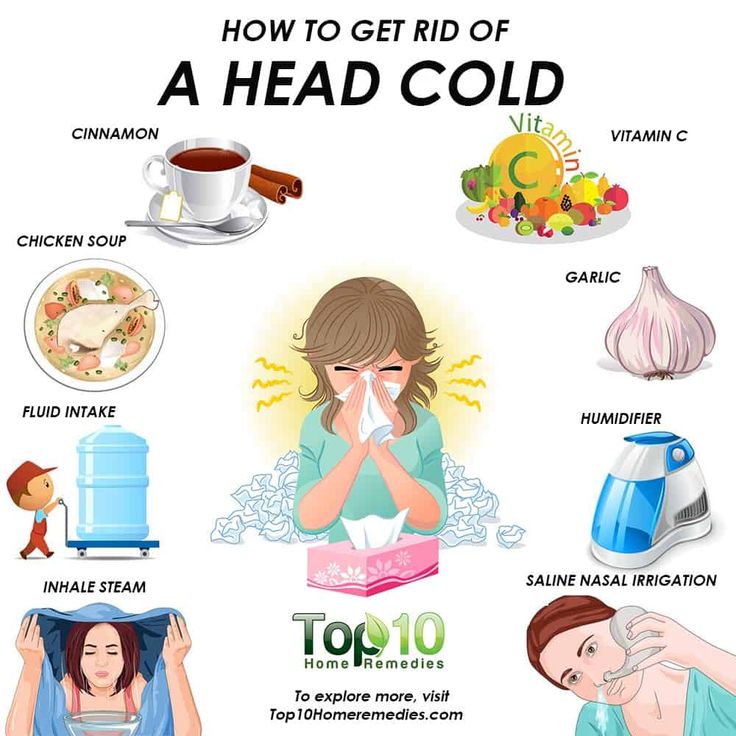 ”
”
When to Call the Doctor About a Cold During Pregnancy
The good news is most colds are harmless and will go away on their own. However, there are some situations that may warrant a call to the doctor, Flynn says, such as:
- A high-grade fever
- If the cold isn’t getting better or is getting worse after five days
- Difficulty breathing
- Over-the-counter medicine isn’t offering relief and your symptoms are getting increasingly uncomfortable
Once your doctor has evaluated if you have a cold or something else, they can offer next steps to help get you back to normal.
Preventing Colds While Pregnant
The best way to stay healthy while expecting is to try and prevent colds from occuring in the first place. Luckily, there’s lots of things you can do to keep your health top of mind—and thanks to the COVID-19 pandemic, more people now are proactive about them. Somes ways to ward of germs are:
- Wash your hands (or use hand sanitizer) frequently
- Avoid touching your eyes, nose and mouth
- Don’t shake hands with others
- Keep your distance from people with obvious cold symptoms
- Stay away from crowds and crowded indoor locations
- Wear a mask in public
If you do wind up coming down with a cold, don’t stress. Know it’s temporary, and there are ways to feel better. And baby is doing just fine.
Know it’s temporary, and there are ways to feel better. And baby is doing just fine.
About the experts:
Sharon Phelan, MD, is an ob-gyn based in New Mexico with over 20 years of experience. She has previously served as the professor of obstetrics and gynecology at the University of New Mexico, as well as a spokesperson for the American College of Obstetricians and Gynecologists. She received her medical degree from and completed her residency at the University of New Mexico.
Cynthia Flynn, MD, is a board-certified ob-gyn based in Florida with over 20 years of experience. She is also an expert with the online platform JustAnswer. She received her degree from the Michigan State University College of Human Medicine.
Please note: The Bump and the materials and information it contains are not intended to, and do not constitute, medical or other health advice or diagnosis and should not be used as such. You should always consult with a qualified physician or health professional about your specific circumstances.
Plus, more from The Bump:
Over-The-Counter Medications You Can Take While Pregnant
How to Deal With Headaches During Pregnancy
How to Handle the Flu During Pregnancy
Pregnancy rhinitis - why does it occur and how to treat it?
Rhinitis of pregnant women is not dangerous, but worsens the quality of life of a woman during pregnancy.Article rating
3.16 (Votes: 44)
Contents
- How long does pregnancy rhinitis occur and how long does it last?
- Symptoms of pregnancy rhinitis
- Causes of pregnancy rhinitis
- How to distinguish the symptoms of rhinitis during pregnancy from other pathologies?
- Treatment of rhinitis of pregnant women
- General recommendations for pregnant women who have symptoms of rhinitis
- Drugs for the treatment of rhinitis
Rhinitis of pregnancy (nasal obstruction) is a common pathology that occurs in about 30% of expectant mothers. Manifested by a typical triad of symptoms: nasal congestion, difficulty breathing, the presence of mucous secretions. By itself, it is not dangerous, but worsens the quality of life of a woman during pregnancy. The difficulty of stopping the pathology and relieving symptoms lies in the fact that during pregnancy there are restrictions on the use of a number of physiotherapeutic methods and drugs.
Manifested by a typical triad of symptoms: nasal congestion, difficulty breathing, the presence of mucous secretions. By itself, it is not dangerous, but worsens the quality of life of a woman during pregnancy. The difficulty of stopping the pathology and relieving symptoms lies in the fact that during pregnancy there are restrictions on the use of a number of physiotherapeutic methods and drugs.
When does pregnancy rhinitis occur and how long does it last?
Most often, pathology occurs:
- up to and including the 20th week of pregnancy - in this case, rhinitis usually resolves on its own (after about a month or two) and does not manifest itself in the later stages;
- after the 20th week of pregnancy - this condition can continue until childbirth and after them (after 2-3 weeks).
If the symptoms last longer than two months and are not relieved by any independent action (vasoconstrictor sprays are prohibited!), then the cause may be hiding in a chronic disease.
Symptoms of pregnancy rhinitis
- Difficult nasal breathing, nasal congestion;
- Nasal discomfort, sneezing;
- Presence of clear mucous discharge;
- Feeling of constriction in the region of the nose and sinuses;
- Mild headaches.
Difficulty in nasal breathing in the mother leads to sleep disturbance and hypoxia, which is also felt by the fetus.
Causes of pregnancy rhinitis
The pathogenesis of the disease is still a controversial issue. Most doctors are inclined to believe that it is of a hormonal nature and is associated with an increased level of estrogen and acetylcholine in the blood serum (as a result), which leads to hyperemia of the nasal mucosa and swelling. The concentration of estradiol, estrone, estriol in the bloodstream of pregnant women increases, in some future mothers, for this reason, the shape of the nose may change, it may increase in size.
There is evidence that pregnant women with symptoms of vasomotor rhinitis have elevated serum placental hormone levels.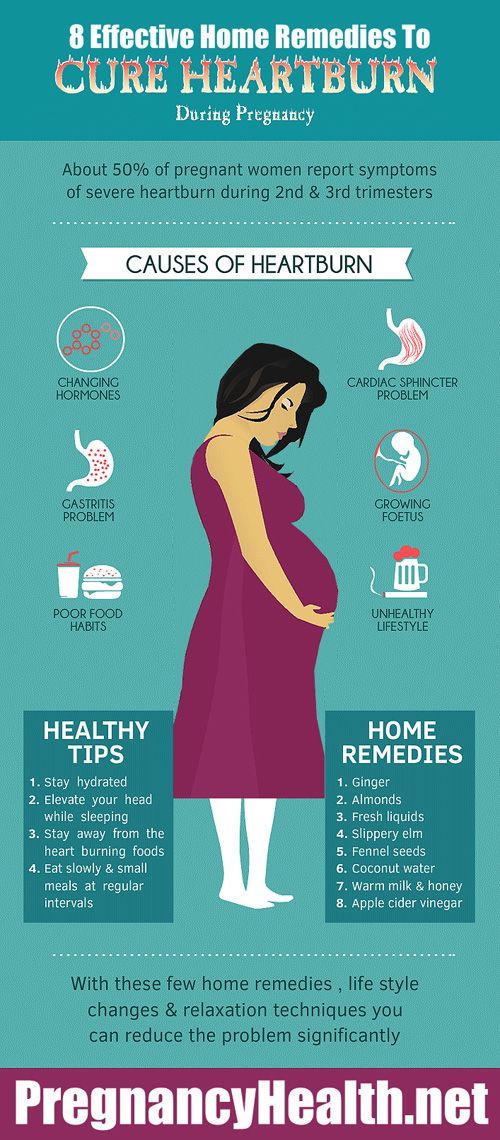 Another reason that can cause long-term nasal obstruction is the tone of smooth muscle cells under the influence of the inhibitory action of the steroid hormone progesterone. It causes fluid retention in the body and has such a side effect on the nasal mucosa.
Another reason that can cause long-term nasal obstruction is the tone of smooth muscle cells under the influence of the inhibitory action of the steroid hormone progesterone. It causes fluid retention in the body and has such a side effect on the nasal mucosa.
Histochemical studies have shown that nasal congestion may occur due to plethora due to hyperactivity of the parasympathetic nervous system in pregnant women.
How to distinguish the symptoms of pregnancy rhinitis from other pathologies?
Symptoms of rhinitis during pregnancy are really similar to manifestations of other diseases, for example, viral infections, sinusitis. It is difficult for a future mother to distinguish a pathology by external signs, therefore a doctor's consultation is necessary. Our clinic employs specialists with extensive experience who will quickly diagnose and prescribe treatment.
If the symptoms are accompanied by a sore throat, fever, then this indicates the presence of a bacterial and/or viral infection or other inflammatory process.
With sinusitis, mucous discharge may have a yellowish or greenish tinge. When pressing in the area of the maxillary and frontal sinuses, there are painful sensations, when the head is tilted, the pain may intensify. Also, sinusitis often causes an increase in temperature, while with nasal obstruction, such symptoms are not observed.
Sometimes rhinitis of pregnancy is confused with allergic rhinitis, which may worsen, there may be sensitization to allergens to which patients have not previously reported sensitivity.
Treatment of pregnancy rhinitis
In our clinic, a thorough diagnosis is carried out in order to exclude diseases similar to rhinitis in terms of symptoms. After the examination, individual treatment is prescribed depending on the severity, severity and indications.
Treatment is complicated by the fact that many drugs can cause contraction of the myometrium and fetal circulation or vasoconstriction with impaired placental function.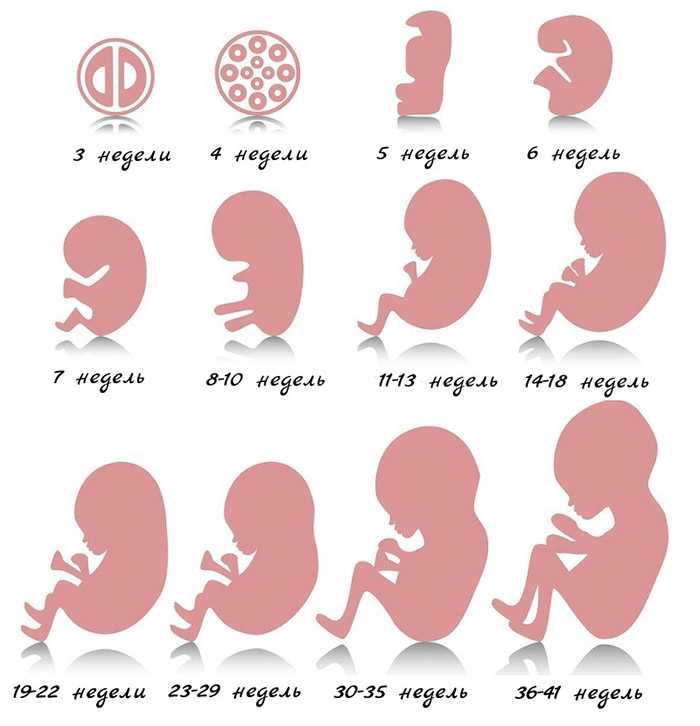 Therefore, a doctor should prescribe drug therapy, you can not use drugs on your own - they can cause a violation of the development of the fetus.
Therefore, a doctor should prescribe drug therapy, you can not use drugs on your own - they can cause a violation of the development of the fetus.
General advice for pregnant women with symptoms of rhinitis
- Washing the nose with mild saline solution (2 teaspoons of sea salt per glass of water). Salt solution improves the discharge of nasal mucus and reduces the feeling of congestion.
- Nasal douches (nose washers) are very helpful. You can use regular saline for them.
- Ventilate the room before going to bed, use humidifiers. Dry air can exacerbate unpleasant symptoms.
- Use a high pillow (or multiple pillows) to sleep with your head well above your torso.
- Walking in the fresh air before going to bed is useful.
- Do morning exercises and breathing exercises several times a day to reduce the symptoms of hypoxia.
- Do not wear perfume and stay away from smokers.
Do not use vasoconstrictor nasal drops during pregnancy as they may cause vasomotor rhinitis.
Preparations for the treatment of rhinitis
Preparations for use during pregnancy are selected with great care and individually. Pregnant women are not given oral systemic corticosteroids, although their effect on the fetus is not fully understood. In some cases, the doctor prescribes corticosteroids in the form of aerosols. Oral antihistamines are also not prescribed due to the increased risk of embryopathies. The choice of physiotherapy is also limited, because most methods negatively affect the development of the fetus.
If you suffer from rhinitis, headaches or other unpleasant symptoms, we advise you to see a doctor immediately. Timely treatment is the key to the quality of life of the mother, which is very important for bearing the fetus. And also allows you not to miss other more serious diseases that can adversely affect the health of the mother and child.
Important! Do not use drugs that were prescribed to you by a doctor before pregnancy, or drugs prescribed to someone else.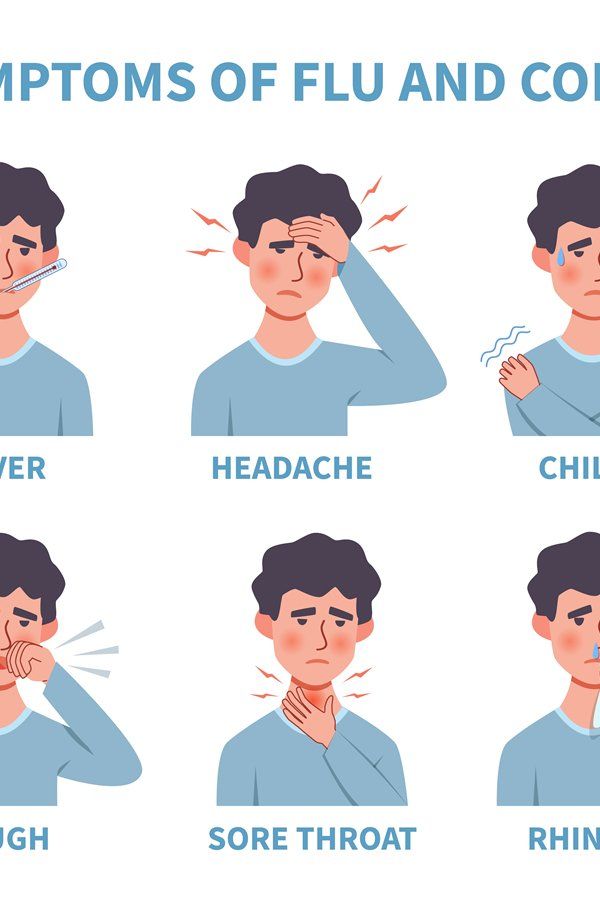
Rhinitis during pregnancy usually does not pose a threat to either the fetus or the mother, but improper treatment can lead to unpredictable consequences.
Seeing a doctor early can help keep you healthy.
Don't delay treatment, call now. We work around the clock in Moscow.
tel.: 8 (499) 501-15-53 (24 hours)
Rhinitis in pregnancy
Otorhinolaryngologist, surgeon at GMS Clinic Oleg Abramov talks in his article about rhinitis of pregnancy (hereinafter referred to as RH).
It was no coincidence that I chose this topic after a series of publications on the social network about allergic rhinitis (hereinafter referred to as AR), as recent studies note that although the cause of RB is not completely clear, the combination of AR, which is especially poorly controlled together with RB, can lead to severe nasal congestion, to insufficient oxygen supply, and, as a result, to increased fatigue, irritability, frequent SARS, sleep disturbance, which can certainly affect the development of the fetus.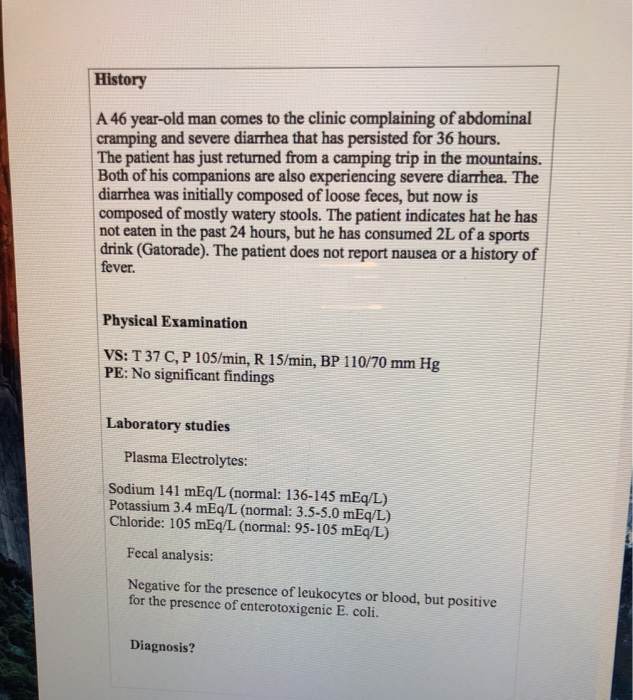 Moreover, the presence of AR is associated with snoring in women during pregnancy, and together they can provoke the development of sleep apnea syndrome (stopping breathing during sleep), which leads to arterial hypertension, preeclampsia, slowed fetal growth and low Apgar scores. Therefore, the relevance of this problem is only growing.
Moreover, the presence of AR is associated with snoring in women during pregnancy, and together they can provoke the development of sleep apnea syndrome (stopping breathing during sleep), which leads to arterial hypertension, preeclampsia, slowed fetal growth and low Apgar scores. Therefore, the relevance of this problem is only growing.
Definition and concept
Rhinitis of pregnancy is a disease accompanied by nasal congestion and discharge, periodic sneezing without signs of inflammation, allergies, or other causes. This condition can occur in any trimester of pregnancy and usually resolves within two weeks after delivery.
Occurrence
Nasal congestion is a very common problem during pregnancy (occurs in about 65% of cases), which can occur due to various reasons. RB, according to various sources, occurs in 9-40% of cases, and in one of the last observations there is an increasing incidence, that is, most of all RB is observed in the 3rd trimester - 38. 9%, including those who did not have problems in the 1st and 2nd trimesters.
9%, including those who did not have problems in the 1st and 2nd trimesters.
Causes and mechanism of occurrence
The mechanism of occurrence is not fully understood, and it is believed that RB occurs due to hormonal changes, in particular, under the influence of progesterone, estrogen, hCG and other hormones, the concentration of which gradually increases during pregnancy. Some authors believe that the occurrence of RB is associated with the worsening of concomitant AR. Some studies show that hormonal action leads to relaxation of the smooth muscles that make up the vessel wall of the nasal mucosa, resulting in nasal congestion. Such findings are supported by other studies that show that oral contraceptives cause similar effects in the nasal cavity (but not in everyone). Other studies show that elevated body mass index, overweight, multiple pregnancies provoke or aggravate RB.
Progression and potential risks
RB, in the absence of adequate treatment, has an adverse effect on the course of pregnancy and can lead to the development of rhinosinusitis, which is especially difficult to tolerate in the 3rd trimester. On the other hand, pregnancy is a special period in a woman's life, during which a large number of drugs are prohibited, and ENT pathologies, these restrictions have not been spared either. Very often I hear at the reception: "Doctor, I'm pregnant and I've been suffering with my nose all this time, but the doctors tell me - there's nothing to be done, I need to endure it." On the other hand, the opposite situation is often observed: “Doctor, I am pregnant and I cannot live without vasoconstrictor drops.” These situations, of course, are not correct, since on the one hand there is a way out and optimal treatment, and on the other hand, constant exposure to vasoconstrictor drugs is not a way out of the situation at all.
On the other hand, pregnancy is a special period in a woman's life, during which a large number of drugs are prohibited, and ENT pathologies, these restrictions have not been spared either. Very often I hear at the reception: "Doctor, I'm pregnant and I've been suffering with my nose all this time, but the doctors tell me - there's nothing to be done, I need to endure it." On the other hand, the opposite situation is often observed: “Doctor, I am pregnant and I cannot live without vasoconstrictor drops.” These situations, of course, are not correct, since on the one hand there is a way out and optimal treatment, and on the other hand, constant exposure to vasoconstrictor drugs is not a way out of the situation at all.
Diagnostics
At the moment, there is no specific test to confirm or exclude RB. The diagnosis is made on the basis of the patient's complaints and the exclusion of other pathologies of the nasal cavity.
Choice of therapeutic tactics
Saline solutions
Before considering more serious medications, we should start with our favorite saline solutions. It should be noted that we are not talking about ordinary saline solutions, but hypertonic saline solutions (with an increased salt content, approximately 19-23 g/l). Such sprays are sold in all pharmacies, but they will not be sold to you right away (you need to ask). Several studies have noted significant efficacy in reducing congestion when used in AR, chronic rhinosinusitis. Also, comparative studies show their greater effectiveness compared to conventional isotonic solutions. Examples: Physiomer - hypertonic solution (my favorite), Aqualor-congestion, or Aqualor-severe runny nose, Aquamaris Strong.
It should be noted that we are not talking about ordinary saline solutions, but hypertonic saline solutions (with an increased salt content, approximately 19-23 g/l). Such sprays are sold in all pharmacies, but they will not be sold to you right away (you need to ask). Several studies have noted significant efficacy in reducing congestion when used in AR, chronic rhinosinusitis. Also, comparative studies show their greater effectiveness compared to conventional isotonic solutions. Examples: Physiomer - hypertonic solution (my favorite), Aqualor-congestion, or Aqualor-severe runny nose, Aquamaris Strong.
Doctor, not helping...
As is known from past publications, intranasal glucocorticosteroids (iGCS) are the most effective in the treatment of AR today. They have proven efficacy in reducing nasal congestion, as well as nasal itching and watery eyes, and allow adequate control of symptoms. But, given their hormonal effect and possible harmful effects on the fetus, there are certain risks in their use. It should also be noted that at the moment there are no studies that provide reliable data confirming the danger of their use. Modern ICS — mometasone (nasonex, desrinit) and fluticasone (avamys, flixonase) has a very low systemic bioavailability, less than 1% and proven efficacy, thus can be considered as initial therapy for RB. The studies did not reveal a statistically significant relationship between the development of fetal defects and the use of these drugs.
It should also be noted that at the moment there are no studies that provide reliable data confirming the danger of their use. Modern ICS — mometasone (nasonex, desrinit) and fluticasone (avamys, flixonase) has a very low systemic bioavailability, less than 1% and proven efficacy, thus can be considered as initial therapy for RB. The studies did not reveal a statistically significant relationship between the development of fetal defects and the use of these drugs.
Who are the FDA in the US and why is everyone listening to them?
Everything is very simple (it’s a pity that everything is not so simple with us). I copy the explanation from Wikipedia: “An agency of the US Department of Health and Human Services, one of the federal executive departments. The department is engaged in quality control of food products, medicines, cosmetics, tobacco products and some other categories of goods, and also monitors compliance with legislation and standards in this area.
Budesonide (Tafen Nasal) is classified as category B according to the FDA's classification for drug effects on the fetus, which means that there is evidence that the drug is safe to use during pregnancy. The bioavailability of budesonide is 33%. This drug has moved from group C to group B, thanks to several high-quality studies in Sweden since the beginning of the 21st century, proving its safety.
The bioavailability of budesonide is 33%. This drug has moved from group C to group B, thanks to several high-quality studies in Sweden since the beginning of the 21st century, proving its safety.
Also, according to the current recommendations of the American Academy of Allergology and Immunology (AAAAI), ICS are considered safe and effective in the treatment of rhinitis and rhinosinusitis during pregnancy. But at the same time, there is no indication of specific drugs. Other competent medical associations also do not give any recommendations in terms of choosing a drug. Therefore, summing up all of the above, and also according to the latest review, mometasone, fluticasone, budesonide can be considered as safe and effective agents in the treatment of RB. It should also be noted that an experienced ENT doctor should be involved in prescribing the drug and managing the patient, since these drugs are sold without a prescription in the Russian Federation; we strongly recommend not to self-medicate.



